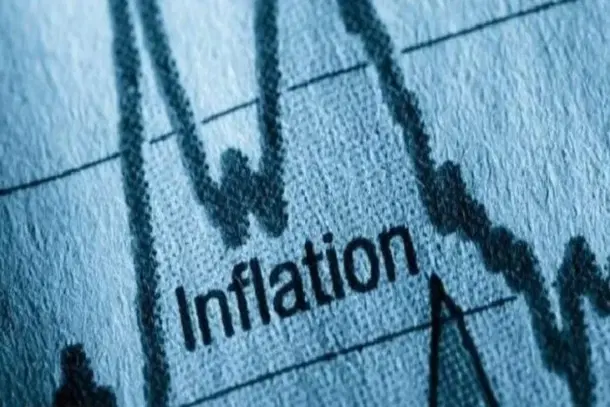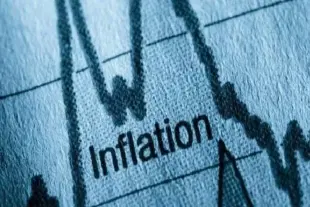Economy
Do Income-Transfer Schemes Fuel Food Inflation?
Arjun Brij
Jan 13, 2025, 02:44 PM | Updated Jan 17, 2025, 03:11 PM IST
Save & read from anywhere!
Bookmark stories for easy access on any device or the Swarajya app.


November 2024 data, released on December 12, indicated had inflation in India had eased to 5.48 per cent from October's 6.21 per cent (a 14 month high).
Driven by rising food prices, the consumer price index (CPI) Inflation had crossed uncomfortable thresholds in recent months, sparking concerns about affordability and consumption patterns.
Amidst this, Axis bank's 'India Outlook 2025' report analyses the role of government support programs in exacerbating demand and contributing to inflationary trends.
Income-Transfer Schemes: A Double-Edged Sword
In recent years, many states in India have increasingly turned to direct cash transfer (DBT) schemes, often perceived as a straightforward approach to secure electoral support.
Referred to as 'revdi culture' by its critics, DBT initiatives aim to assist lower-income families through direct financial aid, blending welfare objectives with political incentives.
By the year 2025, 14 states, including Maharashtra, Tamil Nadu, and West Bengal, would have some version of these schemes, helping about 134 million women, which is about 20 per cent of all women in India. These programs cost the government almost Rs 1.9 trillion every year, which is about 0.6 per cent of the country’s GDP.

These transfers have helped lower-income families by giving them more money to spend, especially on food. As a result, many families have increased their spending on food items like pulses, onions, and tomatoes.

While this has helped people get better access to nutrition, it has also led to higher demand for specific food items. However, the supply of such items has not increased enough to meet this demand, which has caused food prices to rise.
Food Inflation: A Major Concern
Food inflation in India is a significant concern, as food constitutes nearly 40 percent of the Consumer Price Index (CPI), a key measure of overall price levels in the economy.
Since 2023, vegetable prices have surged by 35 percent, pushing their cost relative to other food items to an all-time high.

This surge is driven by supply shortages that fail to meet the growing demand, compounded by inefficiencies in agricultural markets. Challenges in food supply arise from systemic and structural issues, including unpredictable weather events, pests, and diseases that disrupt production.
Additionally, the lack of infrastructure such as adequate cold storage, reliable transport networks, and effective market linkages leads to high post-harvest losses, further constraining supply. These factors collectively hinder the agricultural sector's ability to stabilise prices, intensifying food inflation across the country.
Minimum Support Prices (MSPs), while designed to ensure fair income for farmers by guaranteeing prices for specific crops, inadvertently contribute to food supply issues.
By focusing primarily on a narrow range of crops like wheat and rice, MSP policies discourage farmers from diversifying their crop production. This lack of diversification restricts the overall variety and quantity of food available in the market.
As a result, when consumer demand rises, the limited supply of other essential food items cannot keep pace, leading to price surges and exacerbating food inflation.
Fiscal Trade-Offs and Inflationary Risks
The money for these income-transfer programmes comes from the government’s budget, often by shifting funds from other areas. This means that the government has to cut back on spending in areas like infrastructure, which could help improve food supply.
For example, if the government invested in better storage and transportation for food, it could reduce the price volatility of perishable goods like vegetables and fruits.
The extra demand created by these income-transfer programmes adds about 1.5 per cent to the overall consumption in the economy, as per the Axis report.

This is a significant increase, as it puts a lot of pressure on supply chains, keeping inflation high. With more states planning to start similar programmes, the inflation problem could get worse in the future.
Balancing Welfare and Inflation Control
While income-transfer schemes are important for helping people in need, they also create inflationary pressures, especially in the context of food items in the rural consumption basket. To address this, the government needs to focus on improving the supply of food and other essential goods. This can be done by investing in agriculture, better storage facilities, and improving transportation.
The government should also consider changing MSP policies to encourage farmers to grow a wider variety of crops. This would help ensure that supply can keep up with the increasing demand, helping to keep prices stable.
Arjun Brij is an Editorial Associate at Swarajya. He tweets at @arjun_brij





